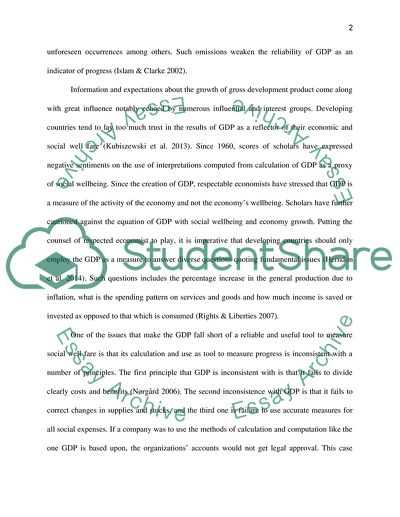Cite this document
(“Gross Domestic Product Essay Example | Topics and Well Written Essays - 2000 words”, n.d.)
Gross Domestic Product Essay Example | Topics and Well Written Essays - 2000 words. Retrieved from https://studentshare.org/macro-microeconomics/1683362-with-reference-to-the-developing-countries-please-analyse-critically-whether-gross-domestic-product-as-an-indicator-is-useful-in-judging-the-progress-of-a-country
Gross Domestic Product Essay Example | Topics and Well Written Essays - 2000 words. Retrieved from https://studentshare.org/macro-microeconomics/1683362-with-reference-to-the-developing-countries-please-analyse-critically-whether-gross-domestic-product-as-an-indicator-is-useful-in-judging-the-progress-of-a-country
(Gross Domestic Product Essay Example | Topics and Well Written Essays - 2000 Words)
Gross Domestic Product Essay Example | Topics and Well Written Essays - 2000 Words. https://studentshare.org/macro-microeconomics/1683362-with-reference-to-the-developing-countries-please-analyse-critically-whether-gross-domestic-product-as-an-indicator-is-useful-in-judging-the-progress-of-a-country.
Gross Domestic Product Essay Example | Topics and Well Written Essays - 2000 Words. https://studentshare.org/macro-microeconomics/1683362-with-reference-to-the-developing-countries-please-analyse-critically-whether-gross-domestic-product-as-an-indicator-is-useful-in-judging-the-progress-of-a-country.
“Gross Domestic Product Essay Example | Topics and Well Written Essays - 2000 Words”, n.d. https://studentshare.org/macro-microeconomics/1683362-with-reference-to-the-developing-countries-please-analyse-critically-whether-gross-domestic-product-as-an-indicator-is-useful-in-judging-the-progress-of-a-country.


